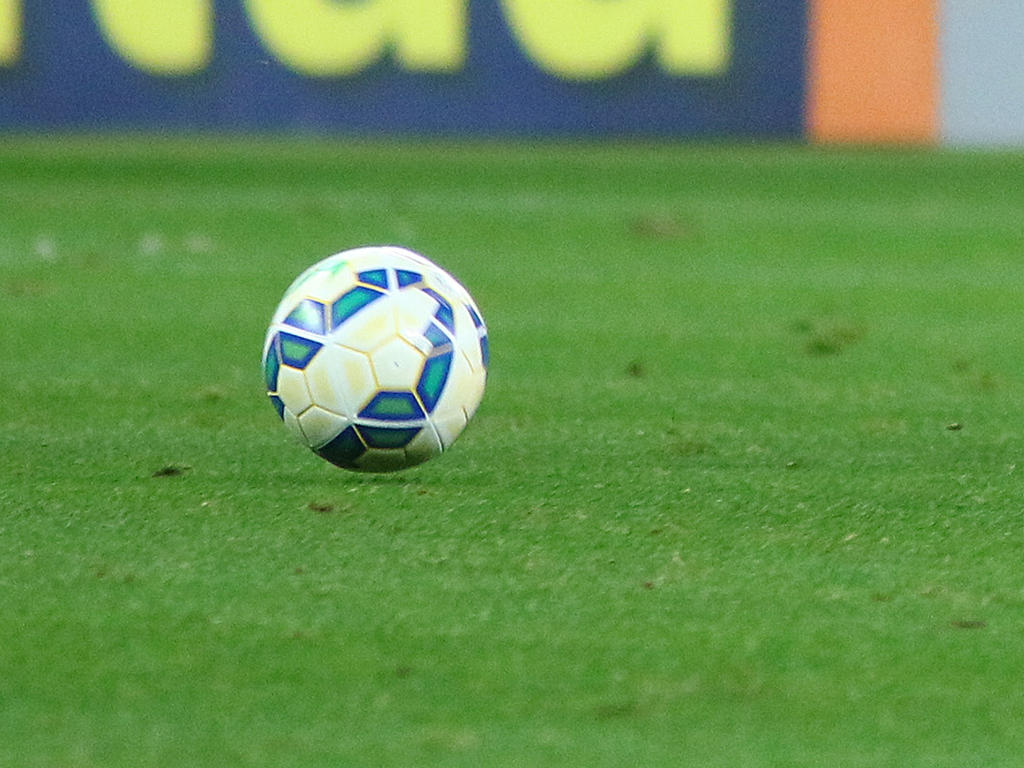'Sleeping giant' India in deep slumber

India's glitzy super league returns this weekend, but a struggling national team and insufficient facilities in the cricket-mad country means the "sleeping giant" of world football is unlikely to stir anytime soon.
India languish in 155th place in the FIFA world rankings and a recent humiliating 2-1 loss to tiny Guam further underscored the country's urgent need to develop a crop of future stars.
But foreign players, who have flocked to the Indian Super League (ISL) for the second season, said more youngsters would only turn to the beautiful game if there were green spaces to play on.
"All the kids, they love football. They want to play football but there are no facilities," said former French international Nicolas Anelka.
Anelka, the player-manager of Mumbai City FC, said even his own side was having trouble finding a grass pitch to prepare for the coming season.
"We have to find a way to train on normal grass (instead of artificial turf). We have to find something. I don't know when, I don't know how," the frustrated Frenchman said.
Former caretaker England boss Peter Taylor, who famously handed David Beckham the captaincy of "The Three Lions", said the infrastructure he has seen since being appointed Kerala Blasters coach is troubling.
"I look at some of the facilities and again they could improve, there's no doubt about that because some of the pitches should be better," Taylor told reporters.
The eight-team ISL kicks off on Saturday with Chennaiyin FC, managed by World Cup winner Marco Materazzi, taking on defending champions Atletico de Kolkata, starring Portuguese striker Helder Postiga.
The 10-week tournament drew tens of thousands of supporters in its first year and has been credited with helping to boost football's popularity in India through its string of big names.
Brazilian great Zico, FC Goa's coach, praised the ISL for raising the sport's profile but stressed that long-term investment, opportunities and time were also needed to help steal attention from cricket.
"In Japan they used to play baseball and then they built a lot of football grounds, and then people could play football," the former Japan national team boss explained.
He added that India required a better coaching set-up at the grassroots level if the "sleeping giant", as under-fire FIFA President Sepp Blatter once termed India, is to be woken.
Stevie Grieve, a football commentator and coach based in New Delhi, agrees.
"None of the current Indian professional players look like they've had any technical work as kids. So the national team coach has to actually teach them stuff that they should know when they are 12 or 13," he told AFP.
India's under-16s enjoyed positive results recently. And Grieve said if that success can be harnessed, India can think about trying to qualify for the World Cup in "at least 18 years".
The ISL says it is "committed to a strong grassroots development programme" and England legend David Platt, manager of FC Pune City, told AFP it was important that the ISL, AIFF and domestic I-League all worked together.
The All India Football Federation reportedly recently shelved plans to open eight youth academies across the country, instead opting for a main centre in Goa.
Its general secretary told the Times of India the decision was taken because of a "lack of quality players, coaches, age cheating and, of course, lack of resources".
Concerns over pollution are compounding India's struggle to bring football to the masses, with the capital New Delhi often cited as the world's most-polluted city.
Grieve, from Scotland, said parents had expressed concerns to him about the long-term health effects on their children of spending two hours a day playing football outside.
Zico said Indian football would also benefit from the handsomely-paid foreign players staying for a longer season.
"They don't remain here for a long time. They don't work some of them... (then) they leave," he told journalists at an ISL media day in Mumbai.
But World Cup winner Lucio believes the professionalism and experience of the foreign imports can rub off on the domestic players, while former Liverpool ace John Arne Riise insisted the Indians would benefit from coming out of their shells.
"They're so shy and respectful and if you talk to them it looks like they're going to cry," said the Delhi Dynamos left-back.
"You just have to ask them to be a bit tougher but they're getting there."




